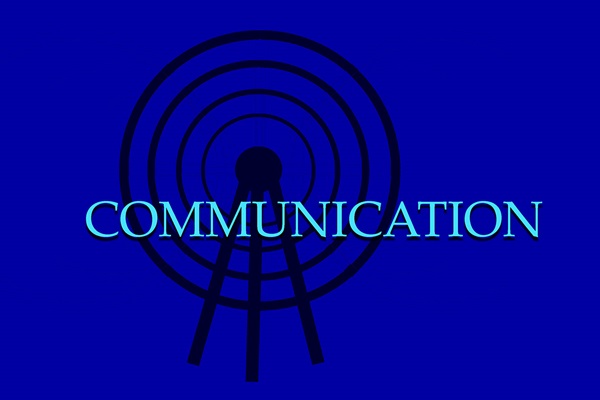So far in this series we’ve discussed the reality that regionalization, at least for central conferences, has been part of The United Methodist Church since its founding (Part 1), and we've explored how central conferences and the annual conferences within them may further customize the Discipline for more effective ministries in their settings (Part 2).
Effective regionalization, however, also requires effective communication, both internally within each region and across the connection.
Ideally, this means providing easy, online access to the adaptations each regional or annual conference has made. For copyright reasons it may not be possible to make regional hymnals or books of worship available for free download on a conference website. However, it is possible to ensure that each region's adaptations of the General Conference Book of Discipline over time are well documented and easy to find for anyone seeking them across the worldwide church.
At the most basic level, every regional conference will need its own website or share a common website where it posts regularly updated information about the adaptations it and its annual conferences have made. Currently, several central conferences and a large percentage of their annual conferences do not have websites, or, if they do, they are not complete or up to date. Some may have Facebook pages, but these are not an easy means to store, organize, or find documents such as regionalized versions of the Discipline or church ritual.
United Methodist Communications continues to partner with central conferences and their annual conferences, particularly in Africa, the Philippines and Eurasia, to improve their communication resources, including websites. Much work remains to be done.
Over time, both the Central and Southern Europe and the Germany Central Conference have done a good job of posting ritual materials that reflect their own regional adaptations. While these are not currently posted on the CSE Central Conference website, they are on the Germany Central Conference website, along with a listing of various kinds of resources useful across the churches of the central conference. Though these are all in German, modern browsers (such as Chrome and Firefox) include means to translate entire webpages or websites to other languages as needed, so the appropriate original language of the website need not be a barrier to understanding across the church. The CSE Central Conference website is also available in both German and English from a simple toggle in the page header navigation.
A high level of transparency and ready access across the connection would substantially improve understanding of each other's contexts. This, in turn, can help United Methodists worldwide, and particularly at General Conference, work together with greater knowledge of and respect for one another across the globe.
Such transparency and access can also substantially improve the relevance of resources that one part of the connection seeks to provide to another in a different context. Consider a situation where conference or general agency staff are invited to offer a training event for local church leadership teams in another part of the connection. Let’s also assume that the conference or central conference have approved a different governance structure for the local church than that described in the General Conference’s Book of Discipline. At present, that information may not be readily available to annual conference or general agency staff in different parts of the connection. However, with careful attention to intentional communication about regional adaptations, not only can invited staff provide training relevant to local leaders in another place, but United Methodists across the connection can more easily learn from these adaptations and better understand other regions.
Regionalization, when well-communicated, can also increase awareness and trust, as well as reduce anxiety about our very real differences across the countries, cultures, and contexts that make up The United Methodist Church worldwide. As the various regions of the church embrace the opportunity that regionalization offers each to customize ministry in their own context and come to understand that this ability exists worldwide, they may come to a greater appreciation for the richness our diversities bring to what we share in common -- things only a General Conference can alter -- rather than a fearful belief that without uniformity everywhere unity anywhere is not possible.
Will greater regionalization worldwide, including the United States, increase the complexity of our relationships? Yes. But, with solid channels to communicate regional adaptations worldwide, it can also greatly enhance our effectiveness as a connection in "watching over one another in love."
Read more from the series, What is Regionalization?
This content was produced by Ask The UMC, the information service of United Methodist Communications.





